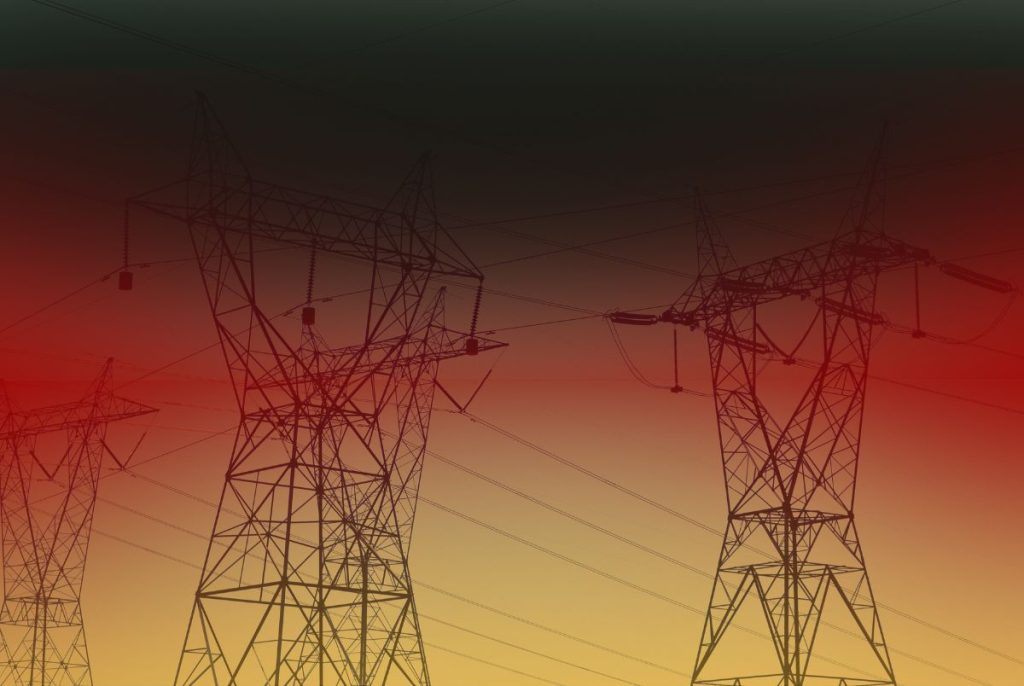
Recent events illustrate how the political popularity of renewables has driven many countries in Europe to rush blindly into their energy transitions. Traditional energy sources like oil and gas still play an essential role in modern economies. Germany provides an apt example of how overreliance on energy imports from a limited number of foreign sources can place a country in a dangerous position that risks economic hardship and outsized foreign influence.
For Germany, overreliance on Russian-sourced energy coupled with an ambitious renewable energy agenda has come at a heavy price. One of Germany’s most glaring missteps was enforcing broad mandates for green technologies without considering the economic toll it would place on its population and industry.
Germany’s plan to phase out traditional oil and gas heating systems and replace them with climate-friendly heat pumps is estimated to cost up to $14,000 per household. Mandates like this may speed along a transition to green energy, but they put an undue burden on citizens that negatively affect their lives and economy.
Germany is the world’s largest natural gas importer, covering more than a quarter of its primary energy consumption in 2021. Until recently, more than half of Germany’s gas imports came from Russia. Germany’s lack of energy security has cost the country. The country is paying 40 percent more for energy in 2023 than in 2021 — an increase that is undoubtedly passed on to consumers and impedes the German economy.
These costs would have likely been even higher if the United States had not stepped in to help our allies by drastically increasing the amount of liquefied natural gas it exports to Europe.
Germany’s rushed push toward renewable energy provides a cautionary tale. It offers Americans a look into the future as we shape domestic energy policy. While renewable energy holds much promise, compelled adoption of renewables and reduced access to fossil fuels will prove costly and create significant economic and strategic vulnerabilities. Sadly, warnings from U.S. politicians regarding Germany’s growing dependence on Russian energy were laughed off by the country’s delegation just a few years ago. Yet, Germany’s vulnerability became glaringly apparent after Russia invaded Ukraine.
Western European countries were forced to contend with two dangerous extremes after the invasion. Decoupling their reliance on Russian energy would put their energy supply at risk, and maintaining the status quo would indirectly help fund Russia’s war efforts. While Germany was able to maneuver gas and oil resources from other European countries and the United States for the short term, there were strong concerns last winter that Europe could run out of energy to heat homes and businesses.
Renewable energy is not reliable and accessible enough to fully replace traditional fuels like oil and gas. With the world’s fragile geopolitical state, the renewable industry faces many challenges in creating and implementing their projects, particularly in securing stable prices for raw materials. The scarcity and volatility of materials are, in turn, raising prices, making them inaccessible to most of the world. When looking toward America, the U.S. energy plan to transition to renewable energy is neglecting key factors that could leave the American people dependent on foreign resources, such as what we see in Germany.
As reflected in his energy plan, President Biden overlooks the intricacies and repercussions of a rushed transition to renewables without the infrastructure to support it. The administration has undermined the nation’s energy production by challenging or shutting down major projects like the Keystone XL pipeline and Energy Transfer’s Lake Charles LNG export facility while enforcing excessive permitting regulations that impede access to reliable and affordable energy.
Additionally, in Biden’s plan, proposed projects like a national network of half a million electric vehicle charging stations depend on fossil fuels to create large lithium-ion batteries that serve as its baseload power. The plan is simply half-baked, and these rash decisions not only cast an uncertain shadow over the nation’s security but harm many lower- and middle-class families that depend on the oil and gas industry for their income.
Instead of following this flawed approach, the United States should adopt an all-of-the-above approach to energy policy to complement the administration’s climate goals. Diversity of energy options is critical. With its availability, adaptability and low carbon footprint, natural gas has allowed significant emission reductions while keeping energy costs down. Natural gas is a vital adjunct to renewable energy, ensuring reliability, affordability and minimal environmental impact.
With this in mind, premature and artificial mandates that force an immediate transition to renewables without adequate technological advancements create strategic and economic risks. Pragmatism must prevail over politics. The United States should not allow energy to be weaponized by authoritarians such as Russian President Vladimir Putin.
Germany’s experience with its renewable energy transition offers valuable lessons. Achieving a delicate balance between renewable energy aspirations and the significance of domestic energy sources is crucial.
James “Spider” Marks is a retired U.S. Army major general and strategic adviser to the GAIN Coalition.
Reprinted with Permission from DC Journal – By James “Spider” Marks
